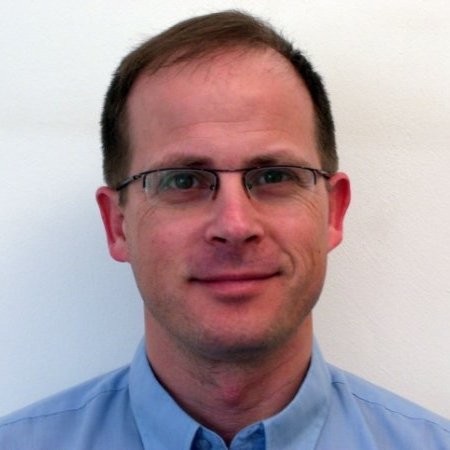Your Compiler Understands It, But Does Anyone Else?
10 Tips for Cleaner C++ 20 Code
The objective of this session is to provide guidelines and tips that will help the audience write readable, testable and extensible code with modern C++.
One of the greatest challenges we face, as programmers, is to make sure that our code can be understood and used by our colleagues - and not only by the compiler.
As the complexity of C++ increases, the compiler is able to deduce and optimize more of our code, but often at the cost of making it more obscure for our colleagues.
Code that is difficult to read is difficult to test, to maintain and to extend.
In the session I propose to help the audience understand the core problems that we introduce as our programming becomes more advanced, and how we can avoid them.
The main part of the session will discuss some fairly complex and advanced C++ code which is difficult to understand. I will then demonstrate 10 easily applicable tips to make it easier to understand and to test. The benefits will be clearly evident.
There will also be a short discussion with the audience to increase the confidence that the guidelines and the tips are readily applicable in there own diverse projects.

David Sackstein
David is an experienced software programmer, consultant and instructor. His passion is to write readable, extensible and testable code and to help others do the same.
David leverages his broad background with a number of programming languages to achieve this goal in C++ too.
He has spoken at ACCU and at CppCon on coroutines and fibers and demonstrated how these tools can help simplify complex programs in C++.

